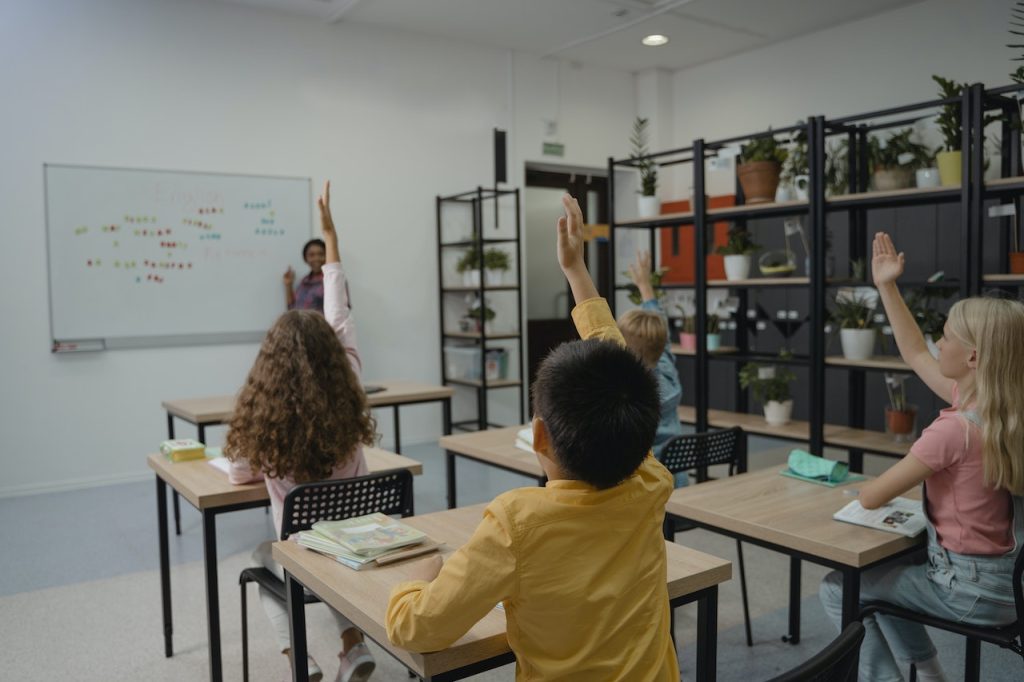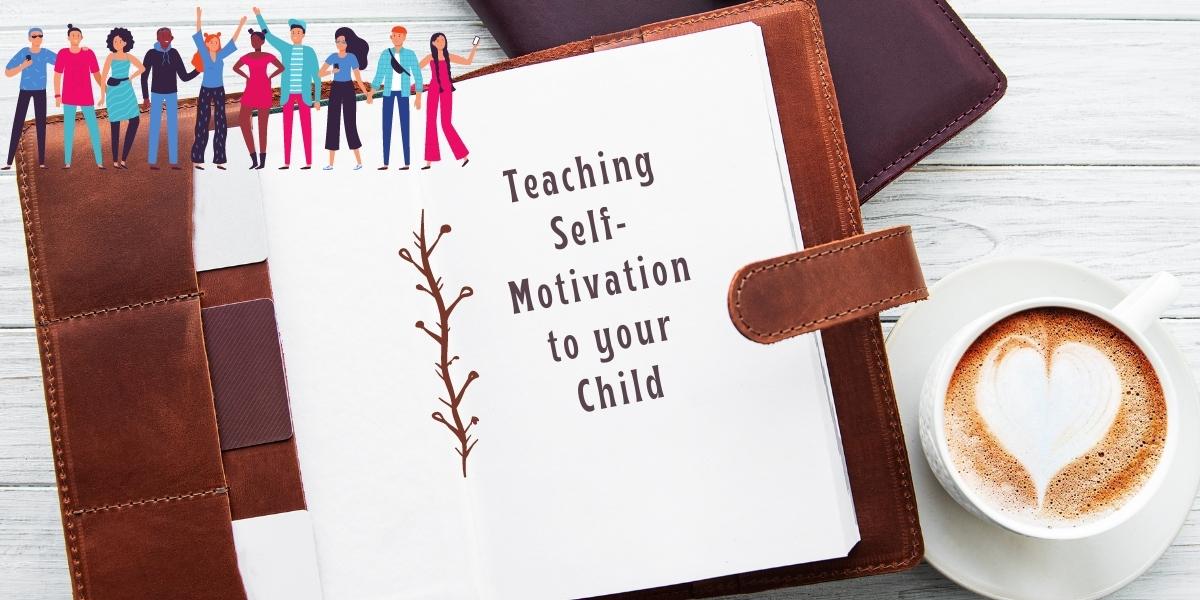Teachers need negotiation skills to succeed. Connection gaps between instructors and learners who belong to different mindsets occur. So, it’s important to eliminate these barriers in the interest of forming a relationship that depends on respect and understanding.
Teachers who are skilled negotiators develop a situation that motivates students, which can lead to higher levels of learning.
Moral educators serve as positive examples for their students. While teaching, they must teach the core principles of morality. In this read, we explain the negotiation and moral guide for every teacher.
Empower Honesty
Honesty and integrity are vital to success. Children should learn not to cheat or copy the homework of their classmates. Homework is a student’s chance to show what they’ve learned. So each student must be allowed to do their best.
When a teacher is honest with their students, they are more likely to be seen as an authority and have a greater impact on the classroom. They will also tell stories about honesty and dishonesty to help motivate their students to be honorable.
Value Hard Work And Inspiration
All individuals who want to achieve a goal need to commit and work hard. Students in schools should not be allowed to slack off, which promotes boredom. They should also be required to complete all assignments on time.
Every student works to improve their abilities. Teachers will motivate their students to work hard by providing them with rewards. These prizes include getting praised for doing an excellent job on tests and other assignments, such as “amazing work” or “impressive work”.
Teachers can measure the performance of students in any number of ways. One way may be adding a few extra points to tests or classroom assignments. Another way is by recognizing the highest achieving student in a class or posting their names on a bulletin board as a student of the month.
Promote Responsibility
Being responsible and accountable for personal actions is a must for every student. Part of being responsible is acknowledging and accepting responsibility for good or bad deeds.
The classroom is the best place to learn how to be responsible. A responsible student would bring their books and school supplies to class on time. It includes making up any missed assignments and being punctual in all their classes.
Teachers should never be lazy and proactive in preparation for the next lessons. Students can be given rewards or punishments to encourage responsibility. Punishment might be staying after school or doing extra work.
Value Self-Esteem
Self-esteem must display good manners and care about others. Students need to learn to love themselves and their appearance.
Despite any struggles a student might face at home, the teacher can make them feel good about themselves.
Teachers can accomplish this by showing kindness and concern for the student. They require awareness about their students and give them every opportunity to succeed.

Value Listening Skills
Most teachers believe that it’s their responsibility to teach, and the best way to teach is by lecturing. The problem is that most people stop listening halfway through the lesson because they feel unheard or their point of view is being rejected.
The best way to encourage constructive communication is through regular Positive Discipline Class Meetings. It gives chance for hearing what each other has to say and speaking respectfully.
One of the successful books The Dreamkeepers book shares that listening improves understanding that builds empathetic connection.
Go With a Win-win mindset
The students in your class come from different backgrounds and often have different beliefs about themselves. Some already have a growth mindset, while others enter with a fixed mindset. A growth mindset is an idea that people can grow and improve with effort and persistence, while a fixed mindset believes that intelligence or talent are static traits.
As an educator, there are some ways to encourage a win-win mentality in students like with less work. Offer them opportunities to go back and edit their papers, retake tests and quizzes, and revise assignments. Wait until you see how much of a difference this will make for them!
Patience About Connection
2018 Research clears that teaching patience improves every student’s overall grade with fewer chances of “low behavior grades”.
Teacher-student Relationships require time, which means patience. Sometimes you need to be patient and wait for things to happen. Relationships can’t always be rushed, but it’s worth the effort. The most effective thing you can do is make yourself available so that can blossom your own time. You might build relationships with one group of students quicker than another.
You can find communicate and be patient when interacting with them. Your lack of negative response will show them they can trust you. You can take creative and patient approaches to deal with challenging students.




